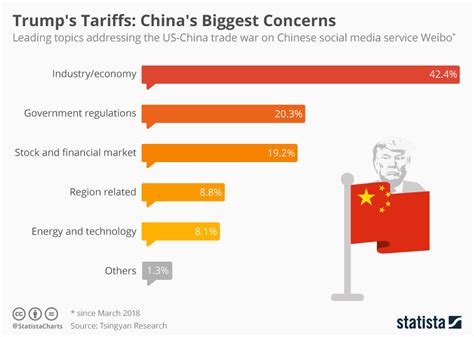President Trump stirred up the global trade war once again, standing firm on his decision not to halt a series of tariffs set to roll out soon. The threat looms large as he prepares to retaliate against China’s counter-tariffs by imposing even more duties on Chinese imports.
In Washington, President Trump made it clear that there would be no easing of the tariff tensions. Despite mounting pressure from various governments and the financial markets reeling from the uncertainty, he remained resolute in his stance. “We’re going to have one shot at this and no other president is going to do what I’m doing,” Trump asserted during a press conference.
The day began with Trump outlining plans for reciprocal tariffs on select countries, slated to come into effect imminently. These tariffs could spike up to 46 percent for certain nations in response to his recent imposition of a minimum 10 percent levy on most U.S. trading partners. Notably, China bore the brunt of Trump’s tariff aggression after announcing its own retaliatory tax of 34 percent on American imports.
On social media platform Truth Social, President Trump issued a stern warning to Beijing—repeal their retaliation or brace for an additional 50 percent U.S. tariff starting April 9. Moreover, he hinted at halting further trade negotiations if his demands were not met.
This escalation could catapult the U.S.’s tariff rate on Chinese goods up to a staggering 104 percent or possibly higher due to existing levies dating back several years. This move spells trouble for importers dealing in items like apparel, electronics, chemicals, and machinery sourced from China—a market that rakes in approximately $440 billion worth of products annually from America.
Amidst escalating tensions between two economic powerhouses like the United States and China, experts predict a ripple effect across global markets and economies. The intricacies of international trade agreements and retaliatory measures are bound to impact businesses worldwide as they navigate through this heightened period of uncertainty.
The Impact on Global Economy
With both countries stubbornly holding onto their positions, analysts fear potential disruptions that might lead to inflation spikes and supply chain challenges across various industries globally.
Expert Analysis
Economists caution that prolonged tariff battles can hobble economic growth prospects worldwide while triggering market volatility.
As stakeholders closely monitor these developments unfolding between Washington and Beijing, uncertainties loom large over how these tit-for-tat measures will shape future trade relations between nations globally.

